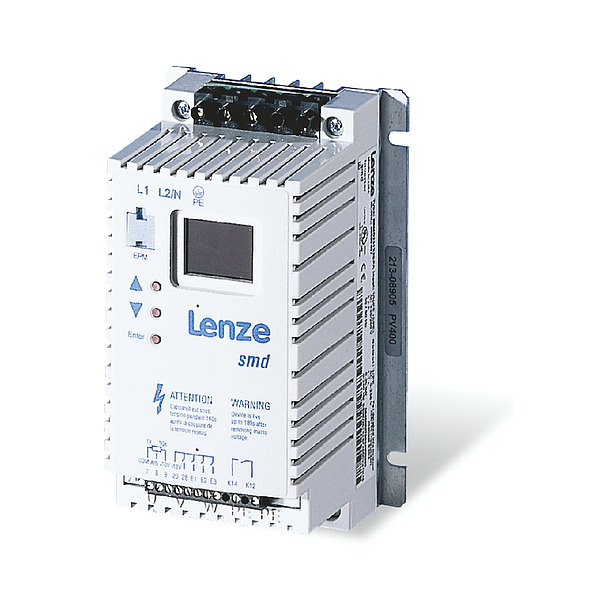Posted on 24th Feb 2024

The impact of automation on the textile industry has been profound, particularly in the realm of industrial drives. Automation in the textile industry has revolutionized various processes, leading to increased efficiency, productivity, and quality while reducing costs and labor requirements. CM Industry Supply Automation (Lenze Drive & Keb Drive Supplier) share some key ways in which automation industrial drives have impacted the textile industry:
Increased Efficiency: Automation industrial drives have enabled textile manufacturers to automate numerous processes such as spinning, weaving, knitting, dyeing, and finishing. These automated systems operate more efficiently and consistently than manual processes, resulting in higher production rates and faster turnaround times.
Improved Quality: Automation ensures greater precision and consistency in production processes, leading to higher quality end-products. Industrial drives control various parameters such as speed, tension, and temperature with precision, resulting in textiles that meet stringent quality standards and customer expectations.
Cost Reduction: While automation requires an initial investment, it ultimately leads to significant cost savings in the long run. Automated systems can operate 24/7 with minimal supervision, reducing labor costs and increasing production output. Additionally, automation optimizes resource utilization, such as energy and raw materials, further reducing operational expenses.
Flexibility and Customization: Advanced industrial drives such as Darwin Motion ac drive allow for greater flexibility and customization in textile manufacturing processes. Manufacturers can easily adjust production parameters to accommodate different materials, designs, and specifications, thereby meeting the diverse needs of customers in a dynamic market.
Enhanced Safety: Automation minimizes the need for manual intervention in potentially hazardous processes, thereby improving workplace safety for textile workers. Industrial drives ensure that machinery operates within safe parameters, reducing the risk of accidents and injuries.
Supply Chain Integration: Automation industrial drives facilitate seamless integration with other automated systems and the broader supply chain. This integration enables real-time monitoring, data analytics, and predictive maintenance, leading to better inventory management, production planning, and overall supply chain efficiency.
Sustainability: Automation technology enables textile manufacturers to optimize resource utilization and minimize waste, leading to a more sustainable production process. By reducing energy consumption, water usage, and chemical usage, automated systems help minimize the environmental impact of textile manufacturing.
In conclusion, automation industrial drives such as Lenze Drive, Keb Drive etc. have had a transformative impact on the textile industry, driving increased efficiency, quality, and sustainability while reducing costs and improving workplace safety. As technology continues to advance, further innovations in automation are expected to reshape the textile industry, enabling manufacturers to stay competitive in a rapidly evolving global market.